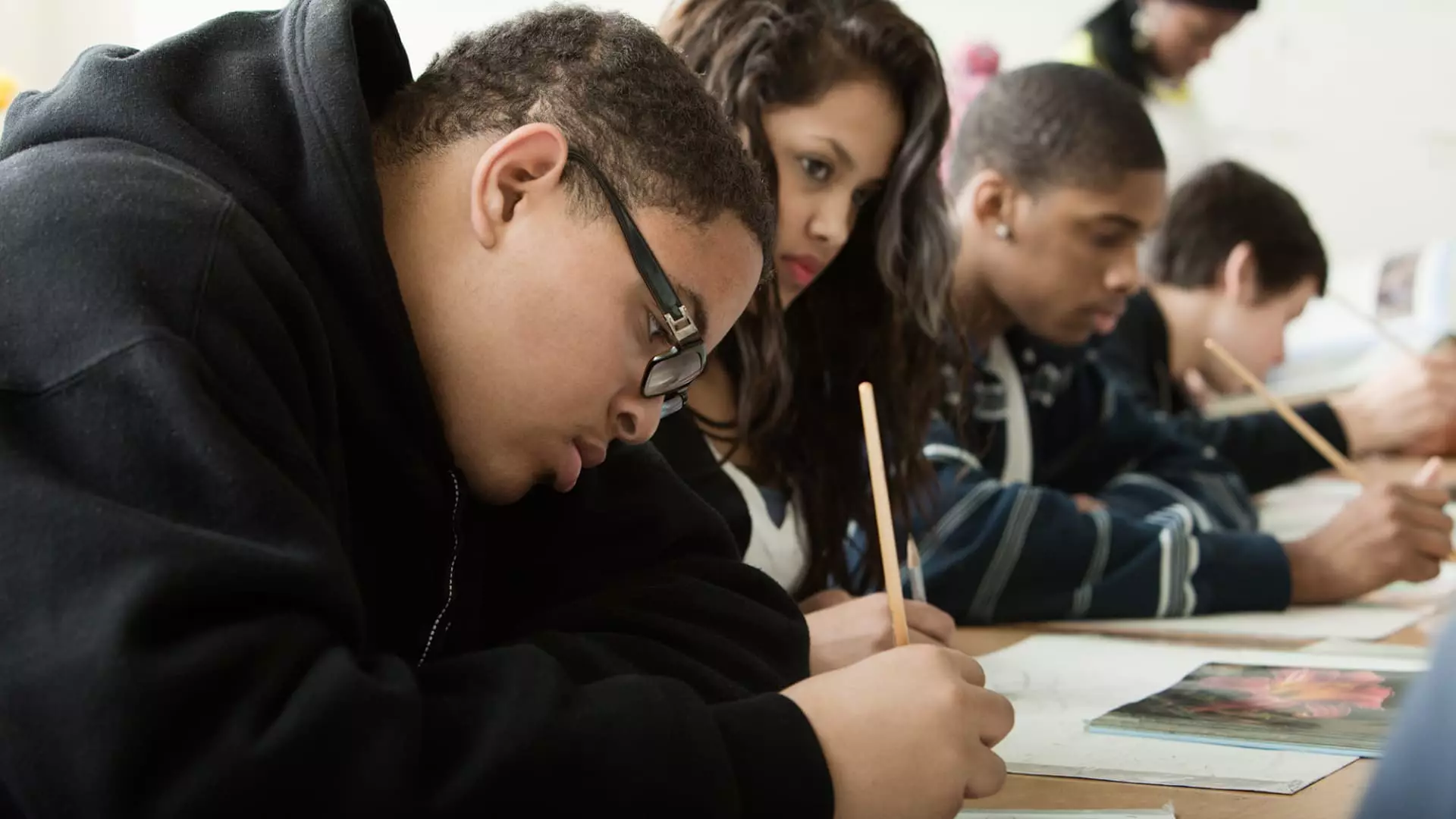The modern landscape of education is continuously evolving, finding new ways to prepare students for the challenges they will face upon graduation. Emphasizing practical knowledge is particularly paramount, especially when it comes to financial literacy. Programs such as the NAF Academy of Business at KIPP DC College Preparatory highlight the enormous potential of equipping young people with essential financial skills. This unique educational approach is designed to break cycles of poverty, paving the way for a brighter future for students from underserved communities.
Financial literacy is no longer an ancillary subject but an essential skill set necessary for navigating adulthood. Students who possess basic knowledge of budgeting, investing, and saving are better equipped to make informed decisions regarding their finances. The lack of financial knowledge can lead to poor decisions, increased debt, and persistent cycles of poverty. As seen in KIPP DC’s program, engaging in structured financial education can serve to mitigate these risks by providing students with the foundational knowledge required for financial independence.
Keith Harris, a student involved in this program, exemplifies the positive impacts of sustained financial education. By focusing on critical subjects such as accounting and investing throughout his high school years, Harris has developed valuable skills that will serve him in college and beyond. His full scholarship for higher education coupled with his practice of saving money demonstrates a proactive approach to financial stability, a lesson he attributes to the program’s curriculum.
What sets the NAF Academy of Business apart from typical one-semester finance classes is its comprehensive three-year structure that offers continuous learning. The curriculum includes not only basic financial concepts but also real-world applications through internships with reputable organizations like Ernst & Young and Verizon. These internships provide much-needed experience, enabling students to apply their classroom teachings in practical settings. According to Shavar Jeffries, CEO of the non-profit KIPP Foundation, such programs are vital in “breaking cycles of poverty,” as they furnish students with both knowledge and experience.
Moreover, the impact of these programs extends beyond the classroom. Students often share what they learn with their families, amplifying the program’s influence within their households. For instance, Donyae Vaughan, another KIPP DC student, mentions how her family’s commitment to saving aligns with her education on investing and managing money. Such exchanges build a stronger community understanding of financial management and foster a culture of financial awareness that can last generationally.
However, the need for effective financial education is not uniformly met across the board. While some states are beginning to recognize the importance of incorporating financial literacy into their educational requirements, many schools still lag, particularly those serving lower socio-economic populations. Raven Newberry from the National Endowment for Financial Education points out that mandated financial education can significantly help bridge these gaps, ultimately benefitting students who need it most.
Data suggests that students with formal training in financial literacy are more likely to make prudent financial decisions throughout their lives. They are equipped to leverage lower-cost loan options for college and exhibit better credit scores compared to their financially uneducated peers. There is a strong correlation between early financial education and favorable outcomes in both educational and economic contexts.
The evidence overwhelmingly supports the need for standardized financial education in high schools. The challenge lies in effective implementation and ensuring that every student, regardless of their background, has access to this knowledge. The approach taken by KIPP DC serves as a model for others to replicate. The long-term goal should be a systematic overhaul of educational requirements to embed financial literacy into the core curriculum across the nation.
The case of KIPP DC College Preparatory illustrates the profound benefits of equipping students with financial knowledge. By investing in comprehensive financial literacy programs, we empower the next generation to break free from economic constraints, make informed choices, and build a legacy of financial stability. Financial education is not merely an optional add-on; it is an essential pillar of education that can determine a student’s future success. With sustained commitment, we can work towards ensuring that every student is ready to face the complexities of financial life confidently and competently.

